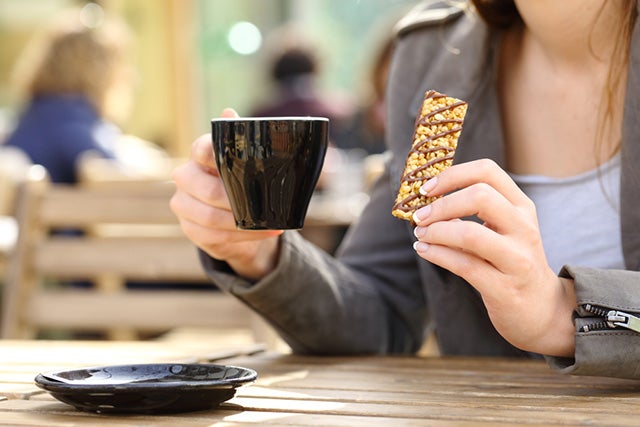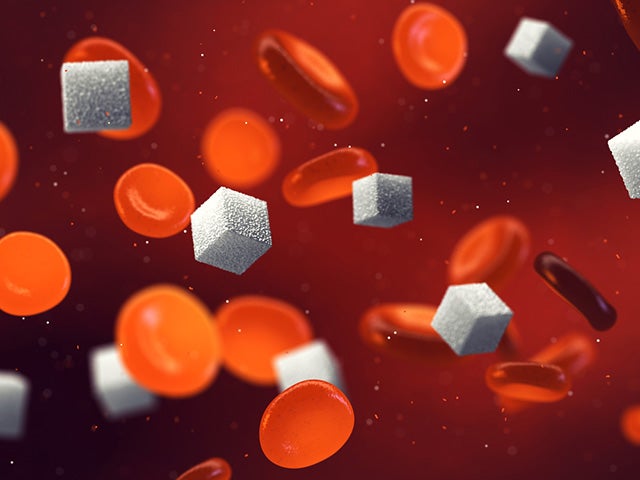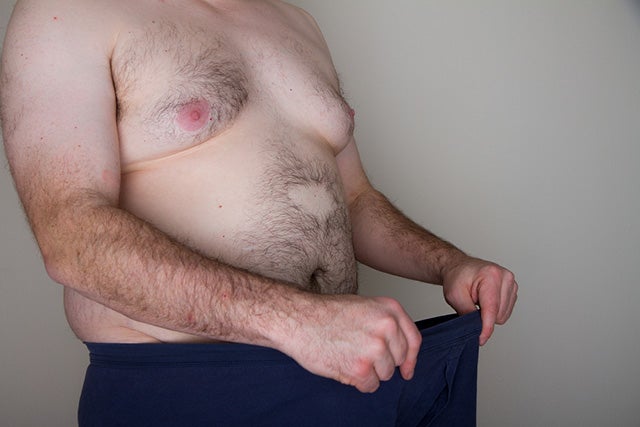You probably heard it growing up, and most likely apply it to your own children if you have them: don’t give the kids sugar before bed!
But have you ever wondered if this is an actual concern, and if it is, wouldn’t it affect adults as well as children?
The short answer of this is yes, sugar does affect a person at any age no matter what time of day. And, it can be particularly disruptive to someone trying to get to sleep.
Of course every body, metabolism, and sensitivities to certain foods are different – and so you may never have noticed any effects from introducing sugar to your body so close to bed. However, sugar does create chemical reactions within your body, and understanding this can help keep you from being adversely affected from eating sugar too close to bedtime.
How Does Sugar Affect Your Body?
Sugar has long been used to provide a quick burst of energy and attentiveness, and is commonly used with caffeine during afternoon work slumps to help people focus and get through the day.
Sugar creates a fast burst of energy because it raises your blood sugar levels very quickly. Unfortunately, it also metabolizes just as fast, and drops quickly due to the insulin release to help convert it into usable energy. This “sugar high” and “sugar low” often leaves a person feeling jittery and unfocused if they aren’t moving enough to use the energy the sugar creates.
An active person may not notice these effects as much since they will be utilizing the energy being created.
How Does Sugar Affect Sleep?
When you eat, your pancreas releases insulin to help breakdown sugars to convert them into energy. If you eat sugar before bed, insulin is working to break down those sugars at a time when you should be resting, tricking your body into thinking it should be using that energy. Because of this you may feel restless, have trouble falling asleep, be unable to stay asleep, or wake feeling tired and stressed due to a shallow sleep pattern and too many REM sleep patterns.
On a related note, less sleep leads to more sugar cravings, probably as the body seeks energy for its run-down state – leading to more sugar consumption and a continued cycle of interrupted sleep.
High sugar consumption can then lead to a large range of health problems that should worry you more than a loss of sleep.
How Does Sugar Affect Your Body?
The occasional sweet treat isn’t a problem for most people, but too much sugar can lead to more than just a bad night’s rest.
Take a look at what a sustained diet of too much sugar can cause:
Mood
Quick bursts of energy from sugar can cause bouts of hyperactivity or anxiety, especially in children. Overtime, too much sugar has been linked to feelings of depression.
Teeth
The bacteria that eats away at your enamel loves to feed on sugar. Be sure to brush your teeth after eating sugar or chew sugar free gum to help dislodge caught sugars and stimulate saliva that can help wash away bacteria.
Brain
Sugar releases a feel-good chemical called dopamine. Your brain remembers this which is why you might have sugar cravings. On its own this isn’t a problem unless you constantly give into this craving.
Joints
Sugar creates inflammation, and if you have joint pain caused by inflamed tissues, sugar can make it worse.
Skin
Sugar can attach to proteins in your bloodstream to release molecules that can damage collagen and elastin in your skin. These materials protein fibers that help with skin firmness and smoothness, so too many sugars can essentially “age” your skin.
Internal Organs
Your liver, heart, pancreas, and kidneys can all be adversely affected by too much sugar. These all filter out toxins from your body, help breakdown foods, and move blood and nutrients through your body. Sugars bond themselves to other things in your blood, can create disruptions due to increases in insulin, cause inflammation issues of your organs, and generally just make you feel poorly.
Weight
Obviously the more sugar you eat the more calories you are consuming. This leads to weight gain. The inflammation it creates can also make fat cells release chemicals linked to weight gain. If you are prone to Diabetes it may also trigger those issues.
Sex Life
Sugar affects your circulation system so it may affect the ability to maintain any sexual arousal.
Wrapping It Up
Sugary foods are definitely something you want to avoid before bed. The quick blood pressure rise and insulin release makes your body react in a manner that is less than relaxing. Sugar creates quick energy which is not what you want when trying to fall asleep.
Try to avoid sugar before bed, and avoid the trap of sugar cravings it can create through a cycle of poor sleep and energy needs.
Photo credit: HTeam/Shutterstock; nobeastsofierce/Shutterstock;
Antonio Guillem/Shutterstock; Pixel-Shot/Shutterstock;
Kachor Valentyna/Shutterstock; Dean Drobot/Shutterstock;
Dean Drobot/Shutterstock; KieferPix/Shutterstock;
Prostock-studio/Shutterstock; txking/Shutterstock;
Roman Chazov/Shutterstock; Lobachad/Shutterstock











